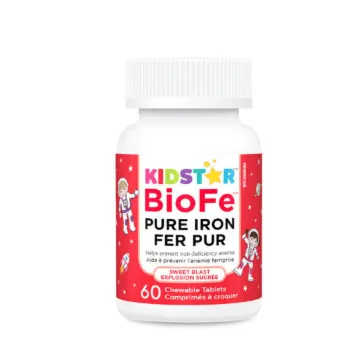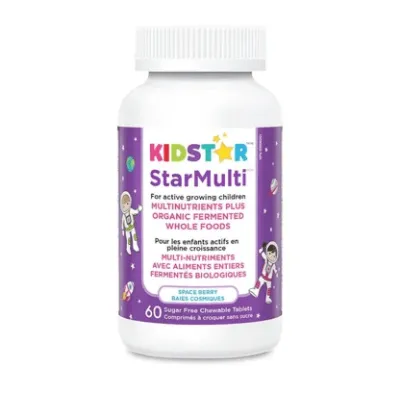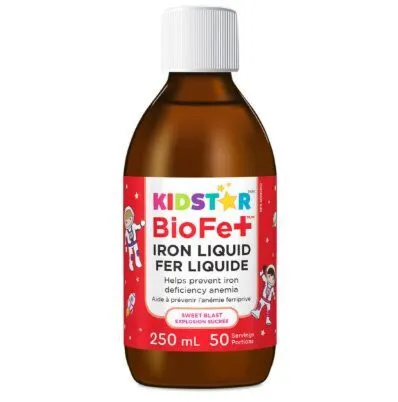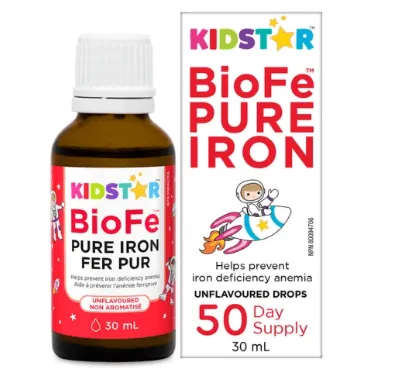Iron is an essential mineral needed for mental, physical and emotional development in children. In both adults and children, iron is an essential component of hemoglobin which transfers oxygen from the lungs to the body’s tissues. Iron also provides us with much-needed energy. Iron is utilized by the brain to make several neurotransmitters including serotonin, our happy hormone, and melatonin, our sleep hormone. Iron is necessary for a healthy immune system.
Iron is very important for growing infants and children. Low iron can lead to behavioural problems including tantrums, ADHD-like behaviours, and sleep problems as well as physical development issues like failure to thrive, short stature, and poor grades at school. Iron also helps build a strong immune system to fight illness and infection.
Signs and Symptoms of Low Iron
- Dark under-eye circles
- Moodiness, irritability, or tantrums
- Pale skin, lips, and eyelids
- Increased infections, colds, and flus
- Sleep disturbances like having a hard time falling asleep
- Becoming tired quickly, needing more naps
- Craving and eating ice, dirt, clay or other non-food items (pica)
- Poor appetite
- ADHD-like behaviours
- Slow growth (short or small for age)
- Poor grades, low test scores
- Headache
- Anxiety
- Teeth grinding
How Much Iron do Kids Need?
To prevent iron deficiency anemia, supplement with the following dose:
- Children 7 months to 13 years – 10 mg iron daily
- Girls 14 to 18 years – 15 mg daily
- Boys 14 to 18 years – 10 mg daily
- Pregnancy – 30 mg daily
- Lactating – 10 mg daily
The doses recommended above are for elemental iron. Elemental iron is the total amount of iron available for absorption by your body. Always look for the elemental amount of iron when choosing an iron supplement.
If your child is diagnosed with iron deficiency anemia your health care provider will recommend a therapeutic dose as a treatment for anemia. Therapeutic doses will be higher than what is recommended above.
Did You Know?
- Fe – is the symbol for iron
- Blood is red because the iron carries oxygen
- There are two types of iron found in foods, heme and non-heme
- Animal meats and egg yolks contain heme and non-heme iron
- Dairy and plant foods contain only non-heme
- A newborn baby typically has enough iron stores to last the first 4 to 6 months of life, unless the mother was iron deficient during pregnancy
- Vitamin C can help your body absorb the iron in food, while calcium will hinder absorption
- Low iron can result in lower IQ levels
- Iron is used to make estrogen and progesterone in the body
- Iron is needed to make serotonin and melatonin our mood and sleep hormones
- Cooking poultry and meats reduces heme iron levels





